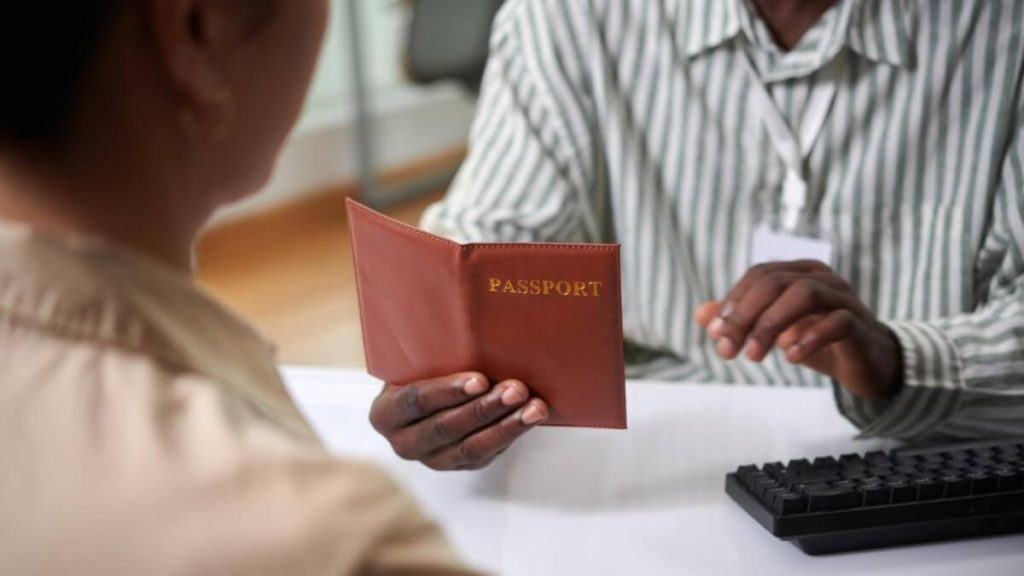In a move hailed as a significant step toward reconciling a painful history, the West African nation of Benin has passed a landmark law that offers citizenship to the descendants of enslaved Africans. This legislation, passed by Benin’s parliament on July 30, aims to reconnect those of African descent with their ancestral homeland—a land that played a central role in the transatlantic slave trade.
Among those eager to seize this opportunity is Lilith Dorsey, a writer, dancer, and filmmaker from New Orleans. With a deep longing to “feel closer to her roots,” Dorsey plans to move to Benin, where she hopes to end her days. “What the government of Benin has done is extraordinary and will bring us closer to our brothers here,” Dorsey told AFP.
The law, which is awaiting approval from President Patrice Talon, allows any person who can trace their lineage to a sub-Saharan African ancestor who was deported during the slave trade to obtain Beninese nationality. This initiative is part of Benin’s broader effort to address the identity struggles faced by Afro-descendants and to strengthen ties with the African diaspora.
Nathan Debos, another American citizen and president of New Orleans National Vodou Day, is also eager to claim his Beninese heritage. He plans to make a pilgrimage in January 2025 to Ouidah, a town steeped in the history of the slave trade and Vodun culture, where he will begin his citizenship application process. Debos, who is in his thirties, expressed that he feels more at ease in West Africa than in the United States.
The law has sparked diverse reactions within Benin. Seraphin Adjagboni, a prominent Vodun dignitary in southern Benin, expressed his enthusiasm, viewing the return of Afro-descendants as a fulfillment of ancestral prophecies. However, concerns have been raised about the potential impact of an influx of new citizens. Noel Sintondji, a 24-year-old Beninese student, voiced worries about the strain on the job market if a significant number of African descendants were to gain citizenship.
For others, the new law is a welcome opportunity to stand in solidarity with those whose ancestors endured the horrors of the slave trade.
As Benin prepares to open its doors to the descendants of its displaced children, the nation stands at a crossroads—balancing the promise of reconnection with the challenges of integration, all while weaving a more complete narrative of its history and future.

